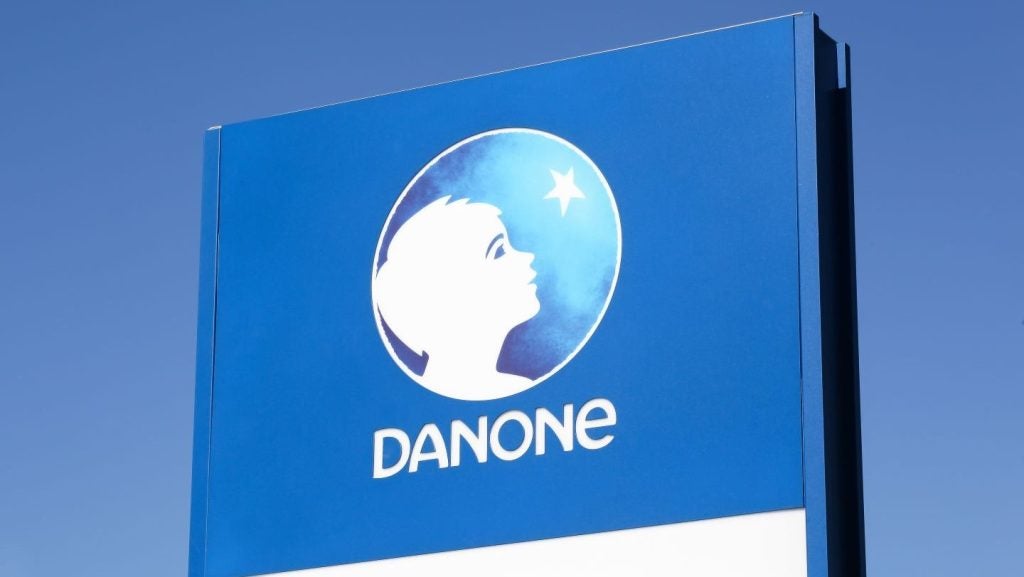CATALYST: Nestle and Danone have been criticized over the marketing of baby milk in Africa.
Selling formula baby milk to mothers in developing nations to replace breast milk has long been a touchy issue. As consumers become ever more suspicious of the motives of big business, some companies have allegedly still not mended their ways, courting bad press every time they reappear in the headlines.
Two of the world’s biggest food and beverage companies, Nestle and Danone, stand accused of flouting World Health Organization guidelines on the marketing of powdered baby milk in developing nations. The new allegations are contained in a recently published study in the prestigious British Medical Journal, examining the marketing of powdered baby milk in the African nations of Togo and Burkina Faso.
In 1981 the World Health Assembly (WHA) adopted the International Code of Marketing of Breast-milk Substances to prevent the promotion of infant formula milk over breast-milk. There had been a decline in breast-feeding in developing countries throughout the 1960s and 1970s, contributing to a rise in infant mortality rates.
The charter requires manufacturers to state the benefits of breastfeeding on their packaging, along with instructions for the safe storage and preparation of formula milk and warnings on the dangers of inappropriate use. But researchers found over 40 products that failed to adhere to the charter.
Individual governments must shoulder much of the responsibility for protecting breastfeeding from aggressive advertising of formula milk. But many West African states failed to integrate the charter into their law. Even so, researchers found that although Togo has no legislation governing baby milk marketing, whereas Burkina Faso does, this made precious little difference as guidelines were routinely ignored in both countries.
How well do you really know your competitors?
Access the most comprehensive Company Profiles on the market, powered by GlobalData. Save hours of research. Gain competitive edge.

Thank you!
Your download email will arrive shortly
Not ready to buy yet? Download a free sample
We are confident about the unique quality of our Company Profiles. However, we want you to make the most beneficial decision for your business, so we offer a free sample that you can download by submitting the below form
By GlobalData
The report’s authors stress that manufacturers have an obligation to follow the guidelines. But 90% of health professionals interviewed had never even heard of the WHA code.
The manufacturers concerned have argued that the charter does not cover most of the products mentioned. Nestle says it has always followed the regulations and intends to investigate the report further. Regardless of whether manufacturers or individual governments are to blame for the report’s findings, however, once again company’s that should know better have failed to live up to public expectations. More damaging publicity will be the price.
Related research: Datamonitor, ” Organic, Natural, Ethical and Vegetarian Consumers” (DMCM0081)






